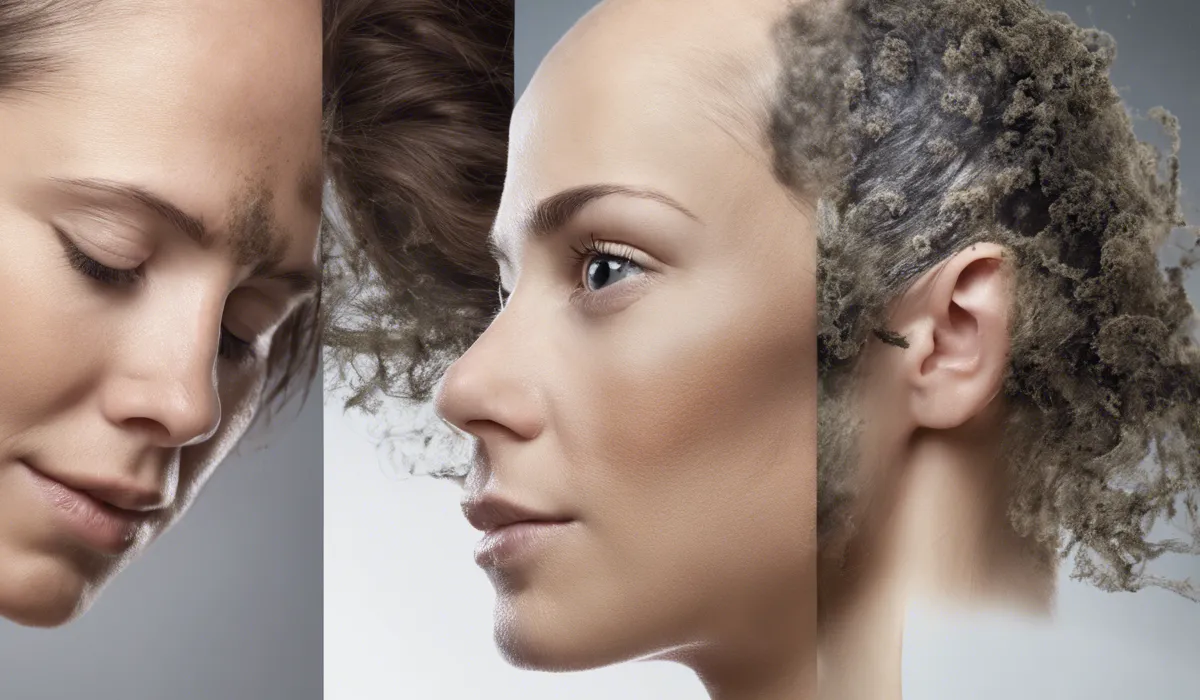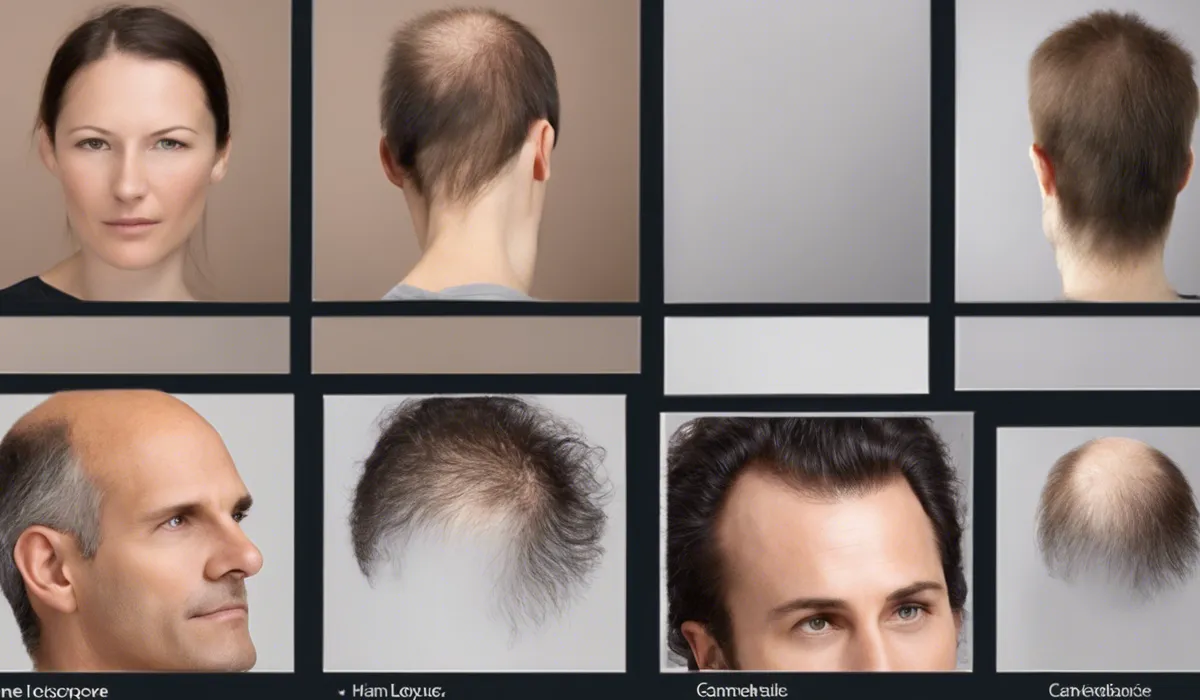Mold exposure can potentially lead to hair loss due to allergic reactions or fungal infections on the scalp. While not a common symptom, severe or chronic exposure to mold spores may trigger inflammatory responses that affect hair follicles. Immediate medical consultation is recommended if you suspect mold-related hair loss.
Mold Exposure and Its Effects on Health

What is Mold?
Mold is a type of fungus that can grow indoors and outdoors. It thrives in moist environments and can appear in various colors, such as black, white, green, or orange.
Homes often harbor molds like Aspergillus, Cladosporium, and Stachybotrys, commonly known as black mold.
How Do We Get Exposed to Mold?
Mold exposure occurs primarily through inhalation of spores but can also happen via ingestion or skin contact.
Breathing in mold can occur without realizing it, while ingestion can happen by consuming moldy food. Direct contact with the skin can cause irritation or allergic reactions.
Health Issues from Mold Exposure
Health problems from mold range from mild allergic reactions to severe respiratory conditions.
Symptoms can include coughing, sneezing, eye irritation, and skin rashes. People with asthma or weakened immune systems may experience more serious effects.
Immune System and Inflammation Response to Mold
When the body encounters mold, the immune system responds by trying to eliminate the spores.
This response can lead to inflammation, which is the body’s way of protecting itself. Chronic inflammation, however, can contribute to a host of health problems.
Connection Between Mold Exposure and Hair Loss

Mold Exposure and Stress Response
Mold exposure can trigger the body’s stress response, releasing hormones like cortisol. This can disrupt the normal growth cycle of hair and potentially lead to hair loss. Managing stress is crucial in maintaining healthy hair growth.
Impact of Mycotoxins on Hair Follicles
Mycotoxins, which are toxic substances produced by mold, could harm hair follicles. These toxins might interfere with the nutrients and blood supply necessary for healthy hair, possibly resulting in hair thinning or loss.
Evidence Linking Mold and Hair Loss
While research is ongoing, some studies have found a correlation between mold exposure and hair loss.
These findings suggest that long-term exposure to mold may increase the risk of hair-related issues.
Chronic Inflammation and Hair Growth
Chronic inflammation from prolonged mold exposure may negatively affect the hair growth cycle.
This inflammation can lead to a condition known as telogen effluvium, where hair falls out more than usual.
Addressing and Preventing Hair Loss Due to Mold Exposure

Identifying Mold in Your Environment
To prevent mold-related hair loss, start by checking for mold in damp areas of your home. Look for discoloration on walls, ceilings, and floors. A musty odor is often a telltale sign of mold presence.
Eliminating Mold From Your Surroundings
Once you identify mold, take steps to remove it. This may involve cleaning with mold-killing solutions or hiring professionals if the infestation is extensive. Ensure good ventilation and control humidity levels to prevent mold growth.
Medical Treatments for Mold-Related Symptoms
If you experience symptoms from mold exposure, consult a healthcare provider. Treatments may include antihistamines, nasal sprays, or antifungal medications. Addressing the symptoms can also help in preventing hair loss.
Recovering Hair Health After Mold Exposure
For hair loss recovery, consider using gentle hair care products and avoid harsh treatments.
Nutritional supplements and a balanced diet can also support hair regrowth. In some cases, topical treatments or hair growth medications may be recommended by a doctor.
Seeking Professional Advice
It is essential to consult healthcare professionals if you suspect mold exposure and its effects on your health.
They can provide tailored advice and treatment options to manage symptoms and promote overall well-being.
FAQs About Mold Exposure and Hair Loss
Can mold exposure lead to hair loss?
Yes, mold exposure can potentially lead to hair loss through allergic reactions or fungal infections on the scalp.
Is hair loss a common symptom of mold exposure?
No, hair loss is not a common symptom of mold exposure, but it can occur in severe or chronic cases.
How does mold exposure cause hair loss?
Mold exposure can trigger inflammatory responses in the body that may affect hair follicles, leading to hair loss.
What should I do if I suspect my hair loss is due to mold exposure?
Immediate medical consultation is recommended if you suspect that your hair loss is related to mold exposure.
Can treating mold exposure stop hair loss?
Addressing mold exposure and its related health issues may help stop or reverse hair loss, particularly if it is caused by allergic reactions or scalp infections.
Final Thoughts
Mold exposure can potentially lead to hair loss through allergic reactions or fungal infections on the scalp.
While it is not typically a common symptom, severe or chronic mold exposure can cause inflammatory responses that may impact hair follicles. It is important to seek immediate medical advice if mold-related hair loss is suspected.
